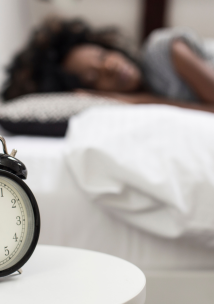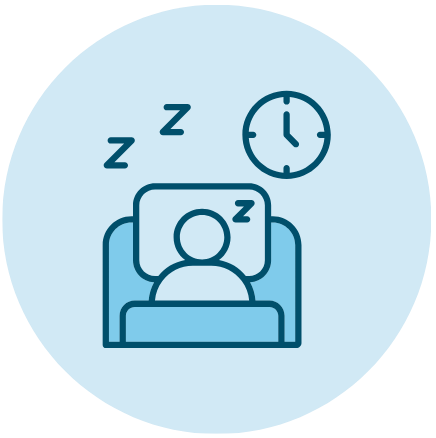How Medway Sleeps

Sleep is vital for mental and physical health, yet many people struggle to get enough. Poor sleep is linked to stress, illness, and even economic loss. We wanted to learn how Medway residents experience sleep, what influences it, and what support they need. Our survey ran in summer 2025 across community groups, local businesses, and high streets. 97 people took part, sharing their views on sleep quality, duration, and what helps or hinders their rest.
What We Found
- 41% of people rated their sleep as poor or very poor; only 28% said good or very good.
- 68% sleep less than they think they should, and 47% rarely wake up feeling refreshed.
- Mental health, physical health, and work stress were the most common factors affecting sleep.
- People from areas of higher deprivation and those unemployed were more likely to have poor sleep.
- Over half of participants (54%) were unsure what could be done to improve their sleep.
Key Finding 1: Sleep Inequalities Exist
People in areas of higher deprivation and those unemployed are disproportionately affected by poor sleep. One participant told us:
“I’ve been out of work for months, and the stress keeps me awake most nights.”
Another said:
“Living where I do, it’s noisy and stressful. I can’t remember the last time I slept well.”

Our research revealed that sleep isn’t just a personal health issue—it’s a social one. People living in areas of higher deprivation and those who are unemployed were far more likely to report poor or very poor sleep. For many, financial stress and unstable living conditions create an environment where rest feels impossible. One participant shared, “I’ve been out of work for months, and the stress keeps me awake most nights.” Another told us, “Living where I do, it’s noisy and stressful. I can’t remember the last time I slept well.” These voices highlight how inequality extends beyond income—it reaches into the very hours we spend asleep.
Key Finding 2: Lifestyle Factors Matter
Routine, environment, diet, and stress management were frequently mentioned as influencing sleep. Some participants shared:
“If I stick to a routine, I sleep better.”
“Cutting down caffeine helped, but stress still keeps me awake.”
Others highlighted the impact of their surroundings:
“My bedroom is too bright and noisy – it makes it hard to relax.”

Sleep quality isn’t only about how long we’re in bed—it’s shaped by what happens before and around it. Participants frequently mentioned routine, diet, and stress management as key influences. Simple habits like reducing caffeine or sticking to a bedtime made a difference for some, while others struggled despite their efforts. “If I stick to a routine, I sleep better,” said one respondent. Another explained, “Cutting down caffeine helped, but stress still keeps me awake.” These insights show that while lifestyle changes can help, they’re not always enough when bigger pressures—like work or mental health—are at play.
Key Finding 3: Awareness of Support is Limited
Many people simply don’t know what could help. Over half said they were unsure what steps to take. Comments included:
“I’ve tried everything I can think of, but nothing works.”
“I don’t know what services are out there or where to start.”

Perhaps the most striking finding was how many people simply didn’t know what could help. Over half of participants said they were unsure what steps to take or believed nothing could improve their sleep. This sense of helplessness came through in comments like, “I’ve tried everything I can think of, but nothing works,” and “I don’t know what services are out there or where to start.” Lack of awareness means people are left struggling alone, even when support exists. Better education on sleep hygiene and clearer signposting to local services could make a real difference.
Read the full report
Want to dive deeper into the findings and see all the data?
Click below to download and read the full report.

